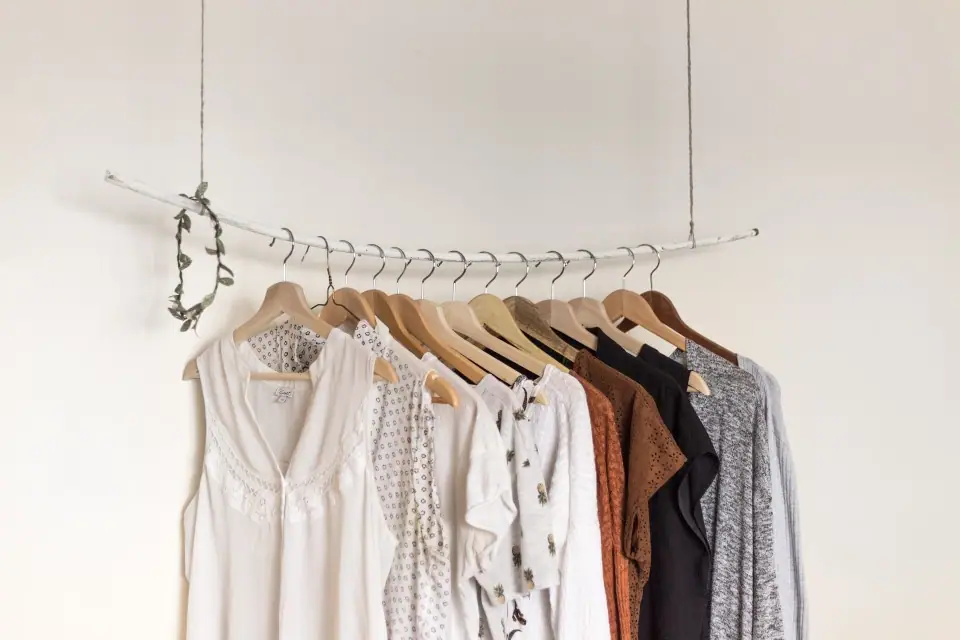Bamboo fabric has grown in popularity in recent years as an eco-friendly and sustainable option for clothing and textiles. Bamboo is a highly renewable resource that grows rapidly and requires less water and pesticides than conventional cotton. Starting a business to make and sell bamboo clothing can be a rewarding endeavor for entrepreneurs passionate about green business. Here’s an overview of key steps to launch your own bamboo apparel brand.
Crafting Your Business Plan
Like any new business venture, the first step is developing a solid business plan. This should cover your company mission and values, target customer demographics, product offerings, production plans, startup costs and financing needs. Research the bamboo clothing industry and competitive landscape. Set reasonable financial projections and outline your growth strategy for the first few years. Your business plan is essential both for your own planning purposes and for pitching to potential investors and partners.
Product Development
A big part of your planning should focus on product development. Decide what types of bamboo apparel and accessories you want to make – t-shirts, dresses, pants, sheets, towels etc. Sourcing high-quality bamboo fabrics and materials will be key. Research textile suppliers and manufacturers of organic bamboo fabrics. Develop product samples and testing to ensure quality and fit. Focus on creating unique and stylish designs that align with your brand image and appeal to your target demographic.

Fundraising and Financing
Starting any manufacturing business requires significant upfront capital. Determine your startup costs – costs will include facilities, equipment, materials, workers, marketing etc. Explore financing options such as small business loans, crowdfunding campaigns, partnerships with investors, business incubator programs etc. Consider starting small and scaling up production capabilities over time as your business grows.
Setting Up Operations
You’ll need physical facilities for handling the various steps of the production process – design, cutting, sewing, washing/treatment, packaging and shipping. Options include leasing a small manufacturing warehouse or outsourcing production to third-party textile factories while handling design and distribution internally. Ensure you have the right industrial equipment for efficient manufacturing. Hire staff with expertise in textile manufacturing, design, marketing and retail.
Building Distribution and Sales Channels
Think about how you will reach customers and get products to market. Options include setting up an ecommerce store, partnering with clothing boutiques/retailers, selling at trade shows and markets, and working on custom orders for corporate clients. Build brand awareness with a website, social media marketing, SEO and email newsletters. Offering wholesale pricing can expand distribution through retailers.

Managing Growth and Scalability
Once demand picks up, you’ll need to focus on managing growth well. Hire staff strategically as production ramps up. Maintain strong supplier relationships. Keep streamlining processes for efficiency. Expand facilities and upgrade equipment to boost capacity. Invest in technology and automation to scale sustainably. Develop a scalable logistics network. Continuously improve product quality and design with customer feedback.
Launching a successful bamboo apparel business takes passion, proper planning and hard work. But the opportunity to make green, ethical clothing aligns with growing consumer values. With the right business model and execution, bamboo fashion can empower entrepreneurs to make a positive social and environmental impact.
The interest in eco-friendly and sustainable clothing continues to increase. Launching a bamboo apparel business allows entrepreneurs to tap into this growing market while making a positive social impact. With proper planning and management, a bamboo clothing brand can be built into a profitable and scalable business. The renewable nature of bamboo makes it an ideal choice over conventional raw materials for fashion companies focused on environmental responsibility. By following the steps outlined here, new entrepreneurs can turn their passion for green clothing into a thriving and purpose-driven business.

